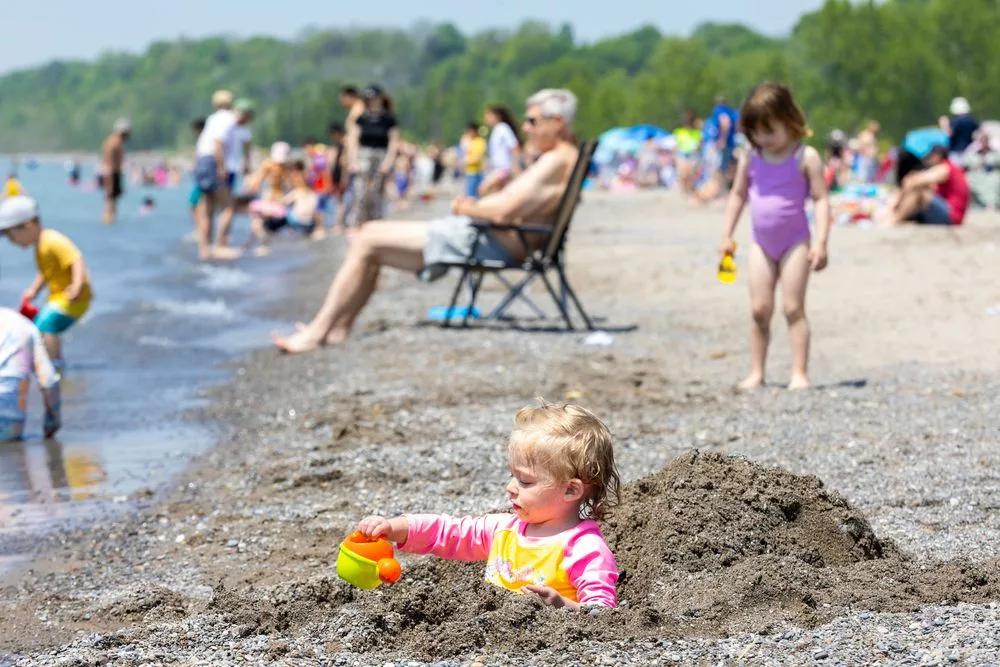
Article content
For most Canadians, Victoria Day weekend is when expectations for the sunny months are set. It’s breakout time, as all the summer paraphernalia is brought out of storage, trips get planned as Canadians get out to explore their world.
Except that’s not happening as much. A Ipsos poll from last fall had some interesting revelations about how the pandemic and cost of living struggles are curtailing the Canadian sense of adventure.
Article content
- 51% of Canadians are staying home to save money
- 35% are socializing less or spending less time with friends and family
- 20% are feeling a sense of isolation or loneliness
- 42% are feeling more stress or anxiety
Times have changed dramatically and Canadians are isolating more than ever before.
In some ways, it’s understandable. Families under economic constraints frequently pull inward. Economists call it “affordability anxiety,” and it’s suffered by too many Canadians.
But something deeper is going on and its implications have more to do with the lack of energy and resolve and not just money. It’s about the link between our physical health as Canadians and our growing sense of incremental loneliness. Jacques Lee, a staff physician at Mount Sinai emergency department, believes our growing sense of individual and collective loneliness can contribute to 45,000 deaths a year in Canada.
We want to believe the real culprit in all this was the recent COVID-19 pandemic, but in reality, the loneliness and isolation trends had been building for years prior to 2020. The health crisis made it worse, but the real sources for our present difficulties run far deeper.
Article content
Research shows prolonged periods of isolation reshape the brain. Jake Ernst, clinical director of Straight Up Health in Toronto, said: “Loneliness changes our executive functioning, which happens in the front of our brain, and it actually starts to impact the way that we can connect, think, plan, organize and socially engage with other people.”
Lee put this in terms many overlook: “Our core fundamental being as a human species is a social one. We are deeply connected to each other because we need each other in order to survive. And so, when we disrupt that process of connection, where we take that off the table for us, we start to deteriorate.”
It’s not just the economy or a massive health scare that’s to blame. A constant cacophony of noise and division in our politics, the growing distance between generations, and a general lack of community gathering have left us out of touch with each other. And we’ve been at it long enough to understand that connecting online, while handy, isn’t all that successful in bringing us together socially.
Researchers wonder whether the human brain is losing its desire for connection. And if that proves correct, the part of the brain that expanded in its understanding of social dynamics over millennia could be changing, shutting down. Dots are being connected, revealing that this could be part of the reason for the significant rise in loneliness, anxiety, and depression.
Share this article in your social network





